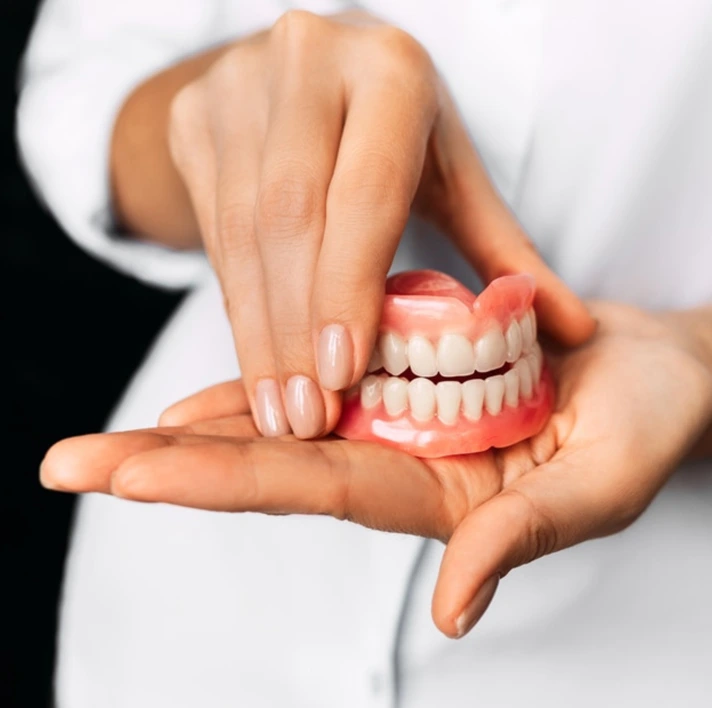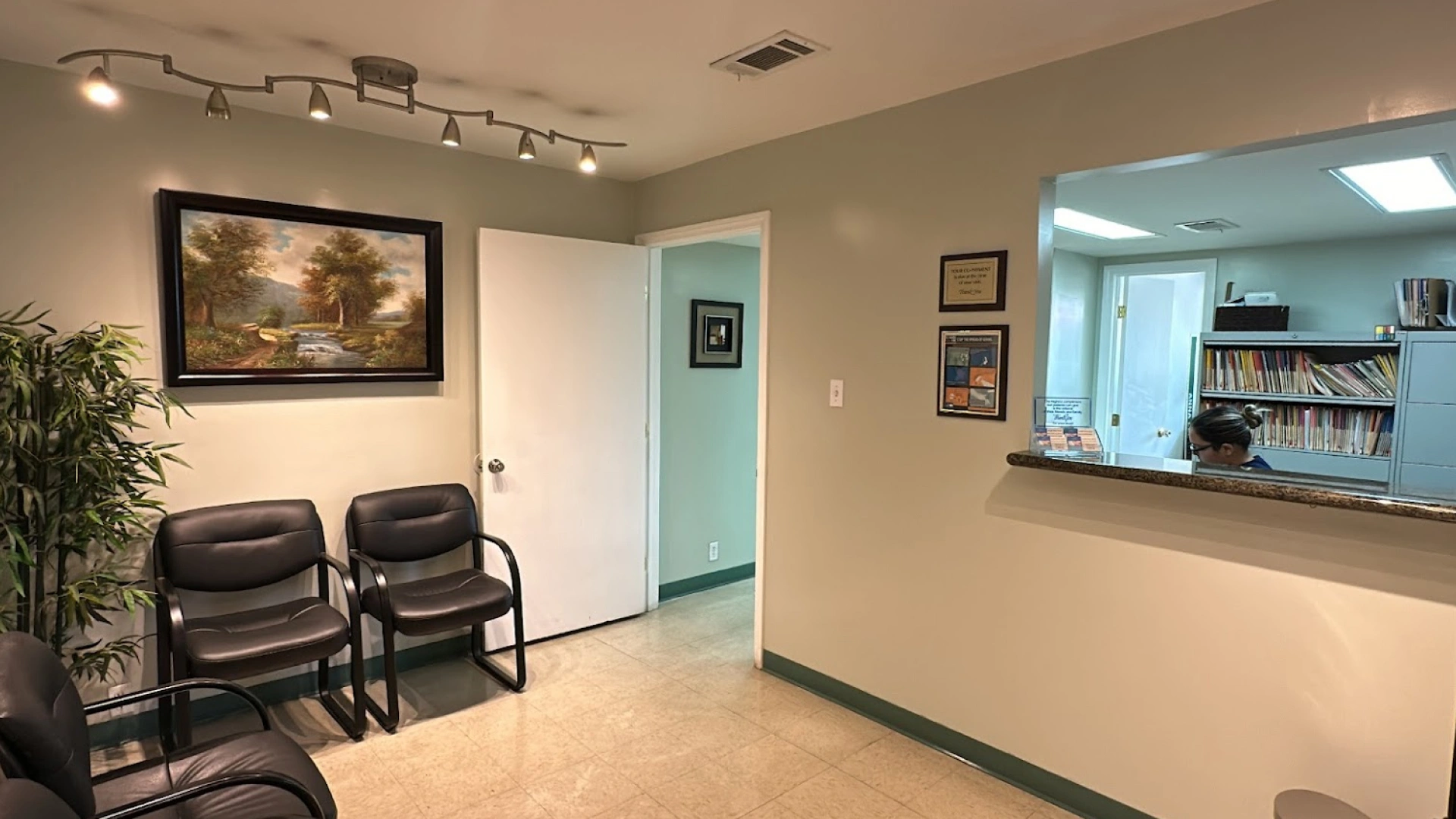
Maintaining Your Smile With Dentures
Replacing missing teeth with dentures is essential for maintaining facial aesthetics, as the absence of natural teeth can lead to sagging cheeks and jaw, creating an aged appearance. Full or partial dentures not only restore your smile but also improve your ability to chew and bite, letting you enjoy foods that may have been difficult to eat due to missing teeth.
While dentures are a practical cosmetic solution, they function differently from natural teeth. Their stability can vary from person to person, and your dentist will offer guidance on which foods to avoid or adjust, such as cutting meats into smaller pieces for easier chewing. Speaking with dentures may initially be challenging, particularly with sounds like “s” or “th,” but with practice, most people find their speech improves over time.
What Are Dentures?
Dentures are removable dental appliances designed to replace missing teeth. They consist of a plastic base that mimics the appearance of your gums, with teeth typically made from acrylic. Both the gum and tooth parts are customized to closely resemble the natural look of your mouth.
Dentures are ideal for individuals missing some or all of their teeth. Depending on the extent of tooth loss, dentures can be either full or partial, filling in the gaps where teeth are missing.



